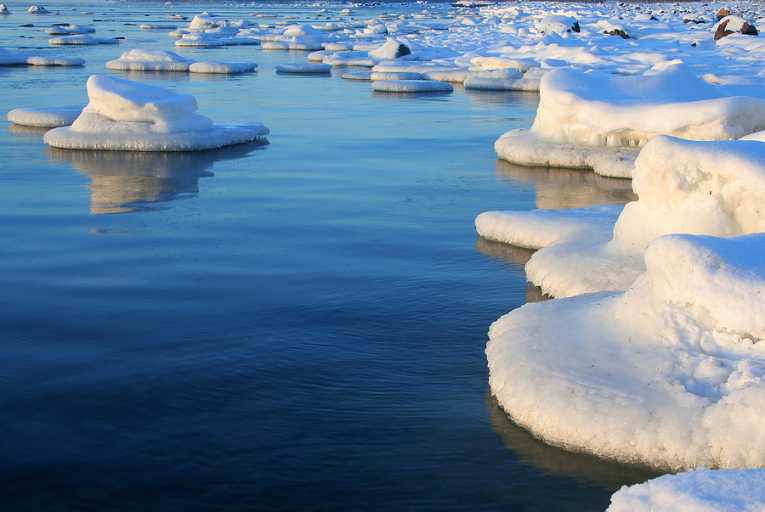German physicists say that this year the ice of the Arctic has retreated further than ever previously recorded.
Since July, scientists at the University of Bremen, who monitor the extent of the Arctic's seasonal melting and freezing, have feared that 2011 would see an even greater melt than the previous largest in 2007.
Their measurement of September 8 recorded an area of ice of 4.240 million km2. The team at Bremen put the historic minimum down to global warming and warn of serious consequences, first for the wildlife that relies on the Arctic's unique climate, then for the rest of the planet as sea ice turns to sea water.
Algae that live under the ice is losing its habitat, in turn denying fish an important source of nutrition that will ripple up the food chain.
The ice around the North Pole follows a very definite yearly pattern, reaching a maximum extent in March before receding to reach its lowest level in September. Generally, the maximum is around 15 million km2 and the minimum is about five million km2. In 2007, the previous record year since satellites started to observe the pole in 1972, the minimum was 4.267 million km2. Scientists believe this is probably the lowest level of ice since the earth's last major period of warming 8,000 years ago.Already this year, the ice is 0.6% down on the record and melting may not have finished. A recent rowing trip to the magnetic pole highlighted the extent to which the climate of one of our most inhospitable regions is changing. Both the Northwest and Northeast passages, for centuries the almost mythical goal of explorers, are ice free and being used by commercial shipping lines to set new global travel records.
The Bremen team says that the natural variations of weather can no longer account for this continuing trend to record minimums. They also warn that feedback patterns are starting to emerge in the shape of the ice albedo effect: ice reflects heat away from the surface, so as it decreases in extent so warming quickens.
The decrease in the maximum extent of sea ice has, say the scientists, been less marked, but while the area frozen each year has remained fairly constant the ice covering the seas is getting thinner and the total mass of ice is reducing.
You can find out more at the University of Bremen's website and view daily updating sea ice maps here.
Top Image Credit: © siilur










